 Small UK businesses, from the 24th September 2012 will be able to obtain Government funding to help them develop and grow with the launch of the Innovation Voucher scheme to be managed by the UK’s innovation agency, the Technology Strategy Board (www.innovateuk.org). The scheme will enable start-up, micro, small and medium-sized businesses to access up to £5,000 worth of advice and expertise from universities, research organisations or other private sector knowledge suppliers.
Small UK businesses, from the 24th September 2012 will be able to obtain Government funding to help them develop and grow with the launch of the Innovation Voucher scheme to be managed by the UK’s innovation agency, the Technology Strategy Board (www.innovateuk.org). The scheme will enable start-up, micro, small and medium-sized businesses to access up to £5,000 worth of advice and expertise from universities, research organisations or other private sector knowledge suppliers.
What are Innovation Vouchers?
Innovation Vouchers are designed to encourage businesses to look outside their current network for new knowledge that can help them to grow and develop. Start-ups, small and medium-sized businesses from across the UK can apply for an Innovation Voucher. A grant of up to £5,000 is available to businesses to work with a supplier for the first time and is used to pay for knowledge or technology transfer from that supplier. The voucher has three key criteria:
- The idea that you want help with should be a challenge for the business which requires specialist help
- It should be the first time that the firm has worked with the knowledge supplier
- The idea should be applicable to one of the three priority sectors – agrifood, built environment or space
Benefits to business
An Innovation Voucher should stimulate a company to explore bringing new knowledge into the business, enhancing its ability to develop innovative products, processes and services and explore new markets.
Examples identified include:
- Ideas for new or improved products, processes and services;
- Using design to improve ideas;
- Managing intellectual property
Innovation Voucher schemes are an ideal way of bringing the University and SMEs together to support activity that can evidence positive impact, provide case material for curricula, and in some circumstances research opportunities. The voucher could also be the forerunner to future bids to the Technology Strategy Board or European competition or grant leading to further shared resource. The Technology Strategy Board will monitor the scheme’s progress and have indicated that they will consider extending it to other sectors in future.
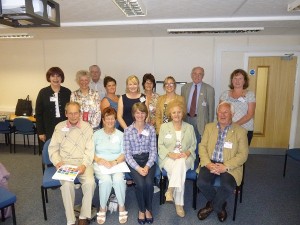
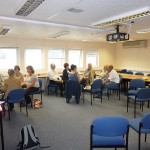
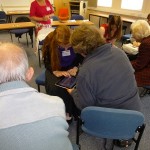
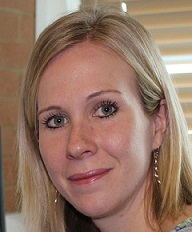
 As you may be aware, the Society of Biology, holds an annual celebration of biology through a range of public engagement activities. This year, biology week 2012 will run from 13th-19th October.
As you may be aware, the Society of Biology, holds an annual celebration of biology through a range of public engagement activities. This year, biology week 2012 will run from 13th-19th October.
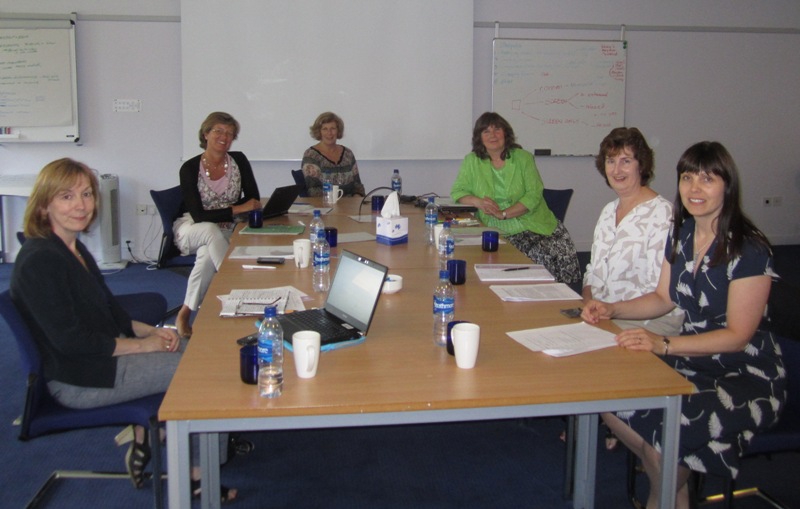













 REF Code of Practice consultation is open!
REF Code of Practice consultation is open! BU Leads AI-Driven Work Package in EU Horizon SUSHEAS Project
BU Leads AI-Driven Work Package in EU Horizon SUSHEAS Project Evidence Synthesis Centre open at Kathmandu University
Evidence Synthesis Centre open at Kathmandu University Expand Your Impact: Collaboration and Networking Workshops for Researchers
Expand Your Impact: Collaboration and Networking Workshops for Researchers ECR Funding Open Call: Research Culture & Community Grant – Apply now
ECR Funding Open Call: Research Culture & Community Grant – Apply now ECR Funding Open Call: Research Culture & Community Grant – Application Deadline Friday 12 December
ECR Funding Open Call: Research Culture & Community Grant – Application Deadline Friday 12 December MSCA Postdoctoral Fellowships 2025 Call
MSCA Postdoctoral Fellowships 2025 Call ERC Advanced Grant 2025 Webinar
ERC Advanced Grant 2025 Webinar Update on UKRO services
Update on UKRO services European research project exploring use of ‘virtual twins’ to better manage metabolic associated fatty liver disease
European research project exploring use of ‘virtual twins’ to better manage metabolic associated fatty liver disease